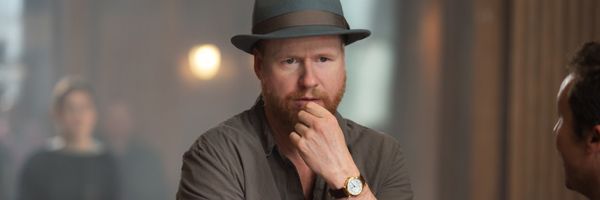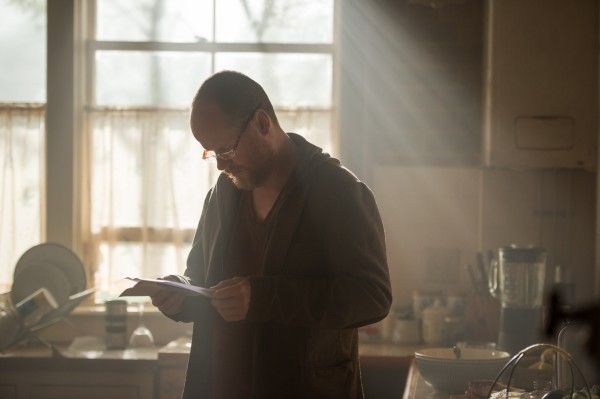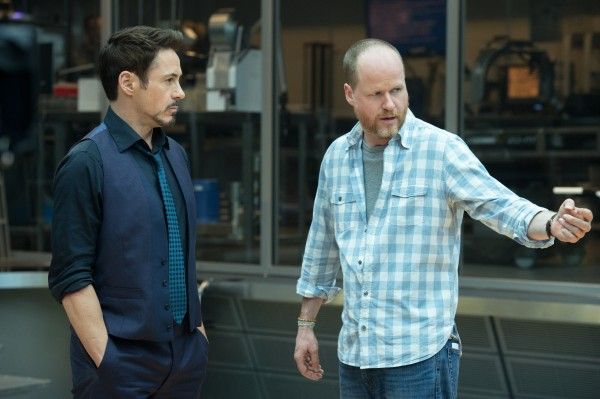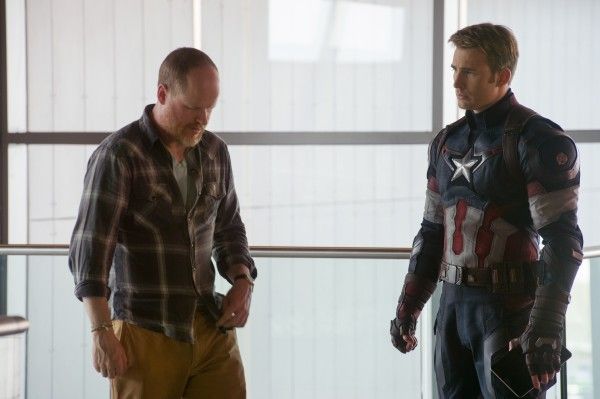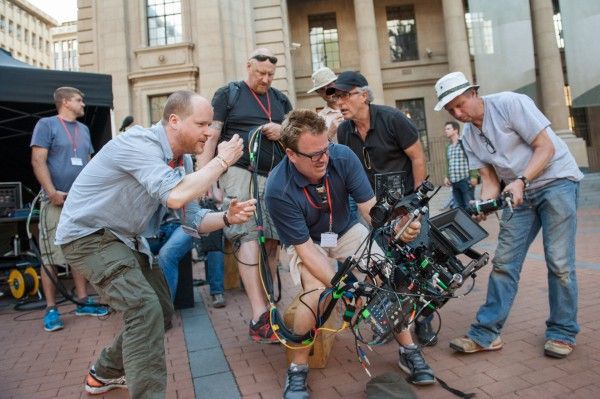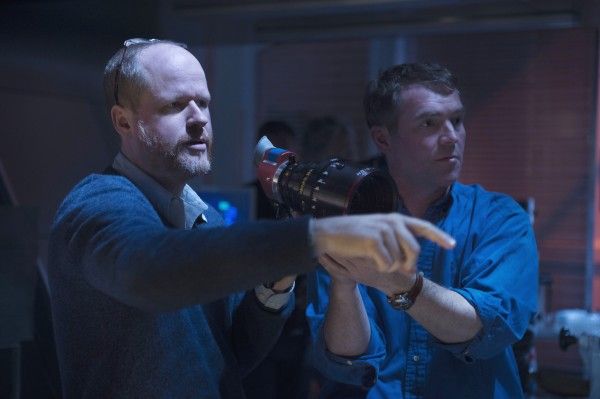We’re in the age of Peak TV, but we’re also in a strange place where Netflix and DVR have radically changed viewing habits. Event television is getting more and more rare as everyone time shifts or gorges on whatever seasons of whatever series Netflix dropped over the weekend. It makes for an interesting dynamic in terms of how we approach entertainment and Joss Whedon, the mind behind Buffy the Vampire Slayer, Angel, Firefly, and Dollhouse has some thoughts on the matter.
Speaking with The Hollywood Reporter as part of a look back at the 20th anniversary of Buffy, Whedon remarked that having entire seasons drop at once has changed things both as a viewer and as a creator of television:
I would not want to do it. I would want people to come back every week and have the experience of watching something at the same time. We released Doctor Horrible in three acts. We did that, in part, because I grew up watching miniseries like Lonesome Dove. I loved event television. And as it was falling by the wayside, I thought, ‘Let’s do it on the internet!’ Over the course of that week, the conversation about the show changed and changed. That was exciting to watch. Obviously Netflix is turning out a ton of extraordinary stuff. And if they came to me and said, ‘Here’s all the money! Do the thing you love!’ I’d say, ‘You could release it however you want. Bye.’ But my preference is more old-school. Anything we can grab on to that makes something specific, a specific episode, it’s useful for the audience. And it’s useful for the writers, too. ‘This is what we’re talking about this week!’ For you to have six, 10, 13 hours and not have a moment for people to breath and take away what we’ve done … to just go, “Oh, this is just part seven of 10,” it makes it amorphous emotionally. And I worry about that in our culture — the all-access all the time. Having said that, if that’s how people want it, I’d still work just as hard. I’ll adapt.
It’s a mature response from Whedon, one where he talks about how he needs to change rather than railing against a system that’s not going anywhere. However, he does point out that when we binge TV, it starts to bleed together and even though there are more episodes, it has less power:
The more we make things granular and less complete, the more it becomes lifestyle instead of experience. It becomes ambient. It loses its power, and we lose something with it. We lose our understanding of narrative. Which is what we come to television for. We come to see the resolve. I’m fond of referencing it, but it’s ‘Angela Lansbury finds the murderer.’ It’s becoming a little harder to hold on to that. Binge-watching, god knows I’ve done it, it’s exhausting — but it can be delightful. It’s not the devil. But I worry about it. It’s part of a greater whole.
On the one hand, I feel like you have to take things on a case-by-case basis. There are some shows where you don’t want to stop watching and binging works. But I don’t think that should be the model for all shows. I even think that commercial breaks have their place since they provide mini-cliffhangers within the framework of the episode.
That being said, I will agree that the Netflix model removes a communal aspect since no one wants to spoil a show, but they all want to talk about it. When Stranger Things was getting tons of buzz and people kept talking about Barb, I assumed she was a major character and not someone who got killed off after a few episodes. It leads to more confusion than discussion, and while the model can work for some shows, I hope it’s not a paradigm shift where every show drops all at once and loses all semblance of structure.

